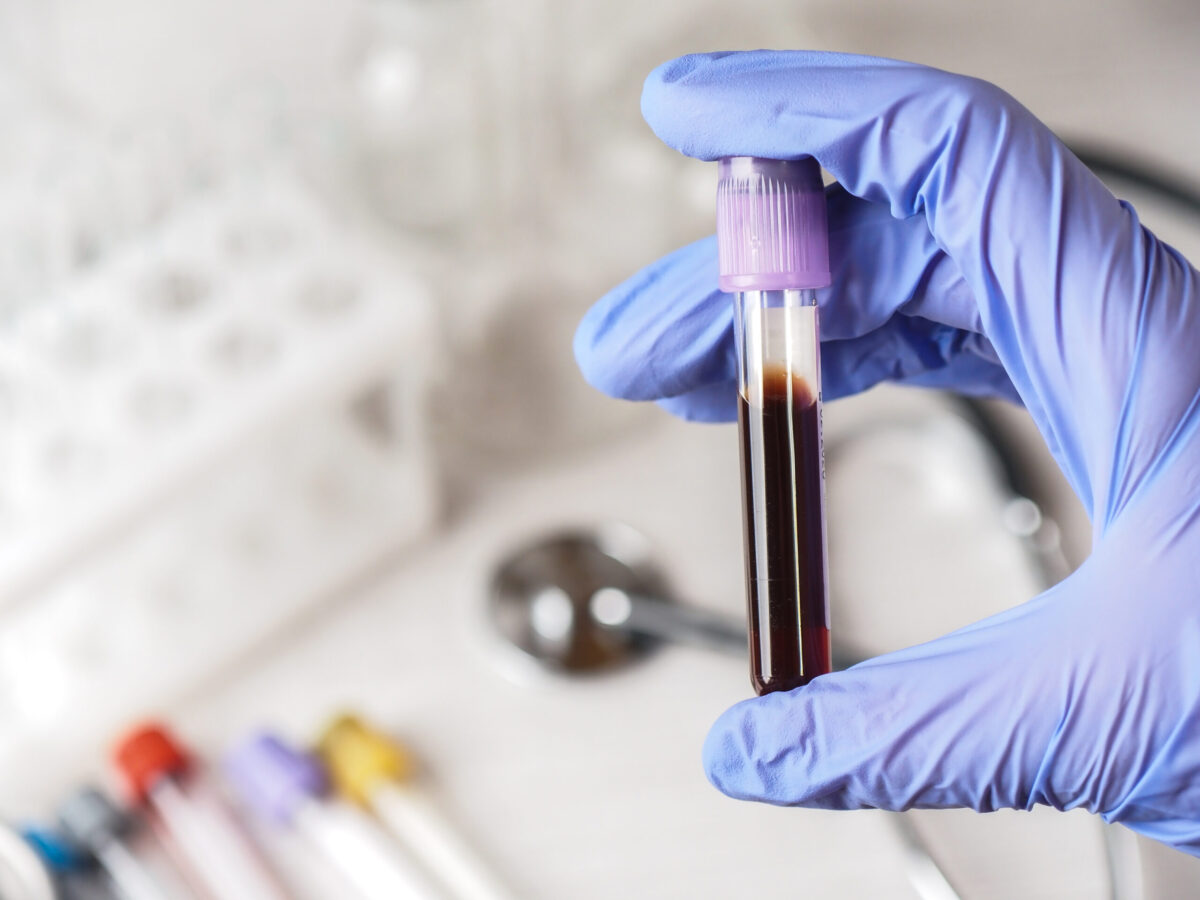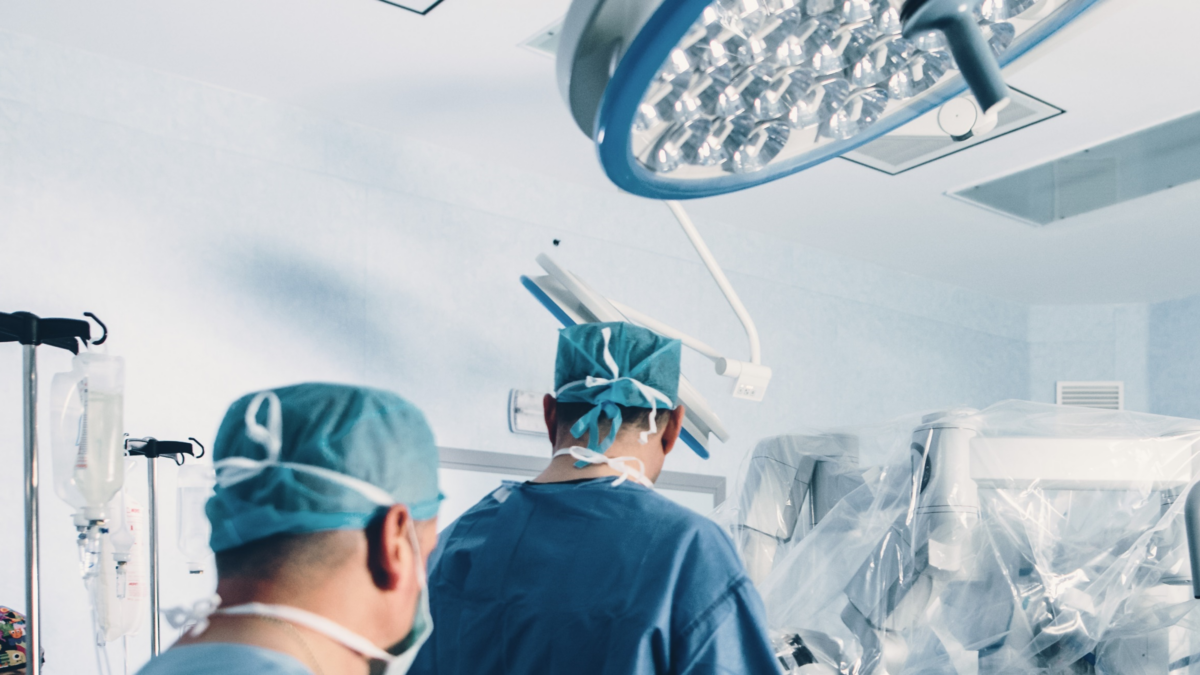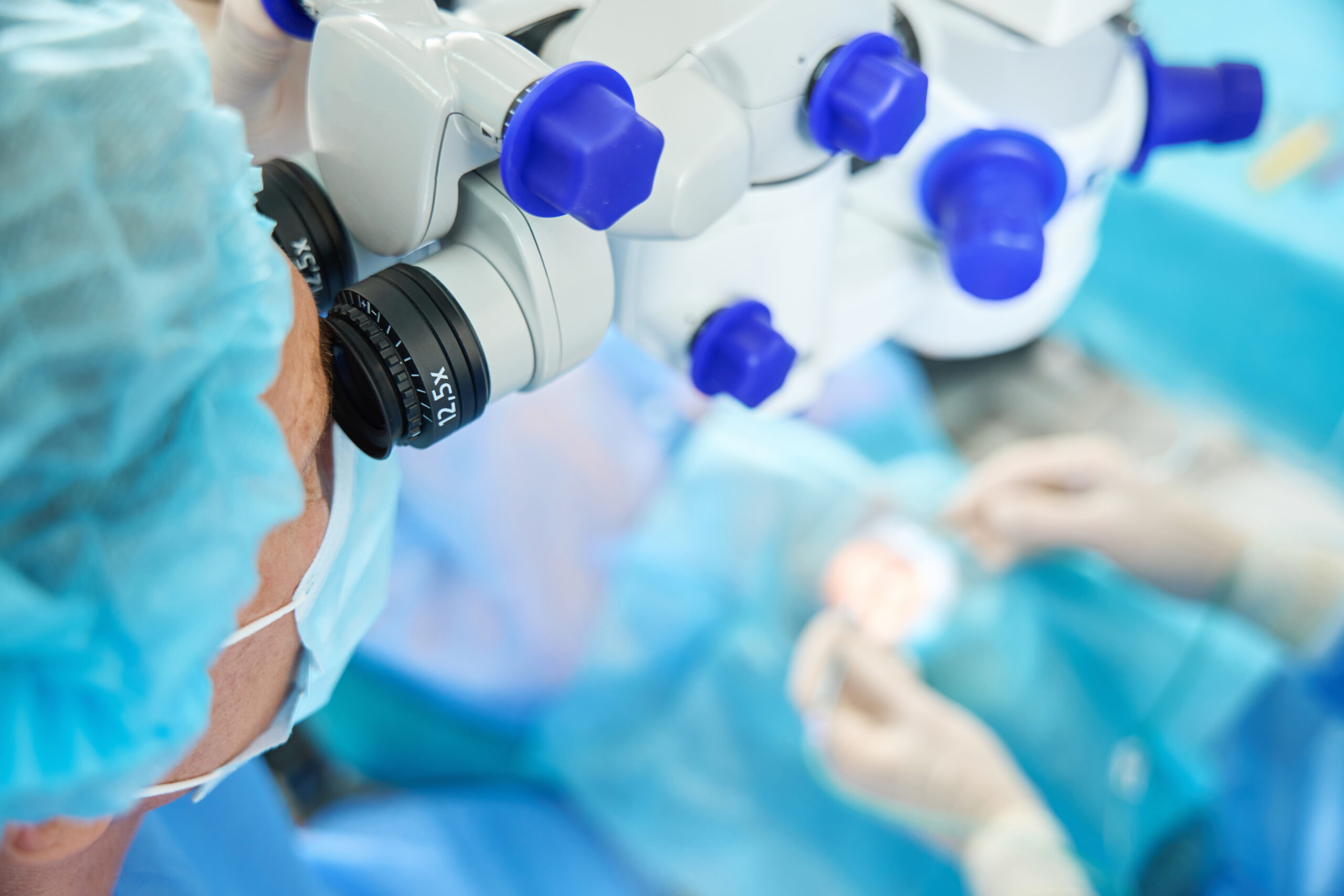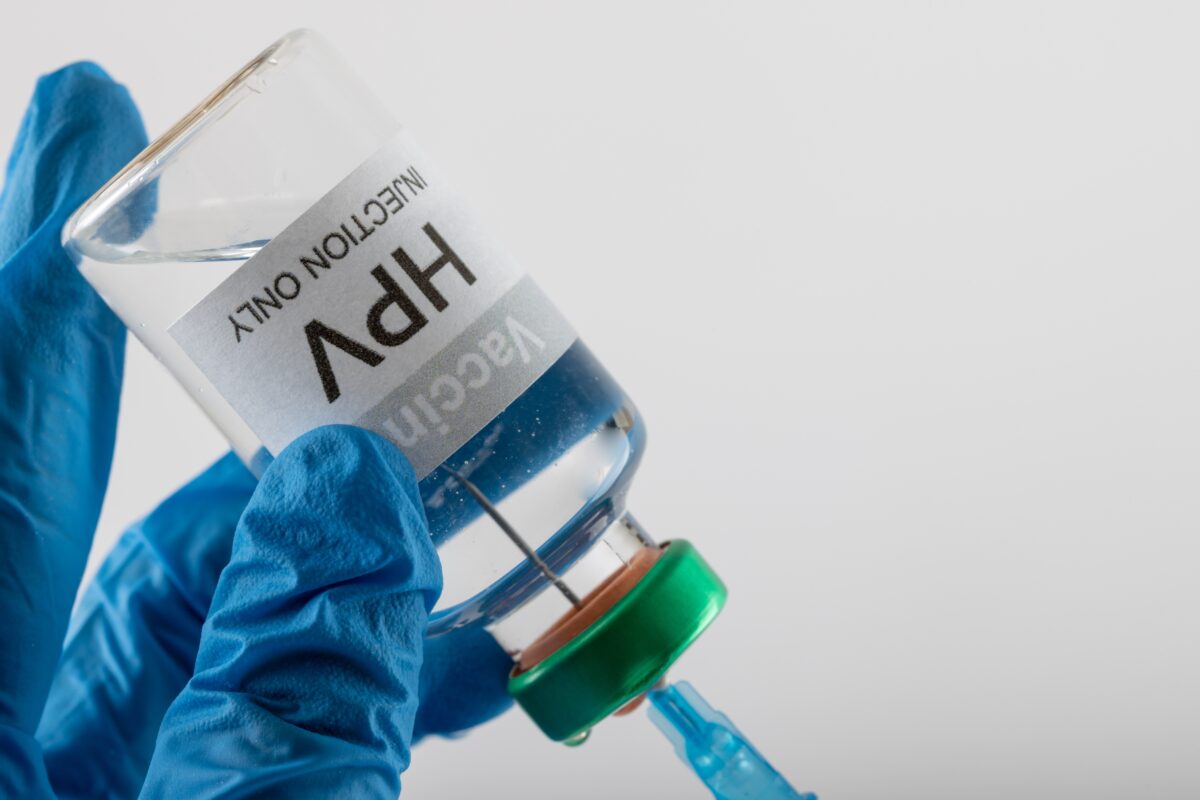Swiss medical device company Debiotech is set to develop a novel artificial pancreas for diabetic patients, in collaboration with Swiss academics. The partners hope to build upon currently-available automatic insulin delivery systems, in order to optimize accuracy of the device.
Debiotech and its partners at two Swiss research facilities plan to use a microelectromechanical system (MEMS) to control the pump in the artificial pancreas device. Insulin will be released based on an algorithm that takes multiple variables – including a patient’s glucose levels, time of day, and activity level – into account when determining the infusion rate.
Artificial pancreas medical devices have failed to be marketing in the past due to the limitations of current glucose monitors in terms of accuracy of data, and the ability of a device to analyze the data and allow for automatic infusion of insulin. Current insulin pumps – including MiniMed by Medtronic – require patients to decide how much insulin is released by the device, and at what time. Many continuous glucose monitors (CGM) also require daily calibration using a finger prick, which eliminates most of the convenience of the device.
The artificial pancreas is intended to be a fully automated insulin infusion system, which accurately releases the hormone in order to stabilize a patient’s blood glucose levels. Though several medical technologies are currently developing their own artificial pancreas, none of them have reached market approval.
“Today, a diabetic patient must follow a very constraining therapy with many blood glucose measurements, dose calculations and insulin injections,” said Dr. Peter Diem, Head of the Division of Endocrinology, Diabetes and Clinical Nutrition of the Bern University Hospital. “The ideal would be to have a single system that can conduct all of these operations without requiring any intervention.” Diem’s institution, along with ARTORG Center for Biomedical Engineering Research of the University of Bern, are the academic partners on the artificial pancreas project with Debiotech.
Debiotech’s integrated system will include a disposable, MEMS-integrated pump technology – called JewelPump. This small patch-pump can administer as much as 500U of insulin over a 7 day period.
The pump works synergistically with an app that records blood glucose levels, and has a built-in bolus calculator. The algorithm for the artificial pancreas will run on the smart device that is currently used to manually control the JewelPump.
Debiotech gained in-licensing options for a continuous glucose monitoring technology from Bayer, earlier this year. The company said it planned to use the technology in conjunction with its JewelPump to develop an artificial pancreas.
“Approaches taken so far do not resolve fundamental difficulties: the patients’ variability, uncertainties related to system disturbances, e.g. food intake and physical activity, and errors related to the used devices,” said Stavroula Mougiakakou, Head of the Diabetes Technology Research Group at the ARTORG Center. “The proposed algorithm is easy to use, introduces the concept of real-time personalization based on reinforcement learning – a machine learning method able to tackle inter- and intra-patient variability – and can compensate for the effects of uncertain events.”
Sources:
- Debiotech partners with Swiss academics to create a novel artificial pancreas – http://www.fiercemedicaldevices.com/story/debiotech-partners-swiss-academics-create-novel-artificial-pancreas/2015-11-24












Join or login to leave a comment
JOIN LOGIN